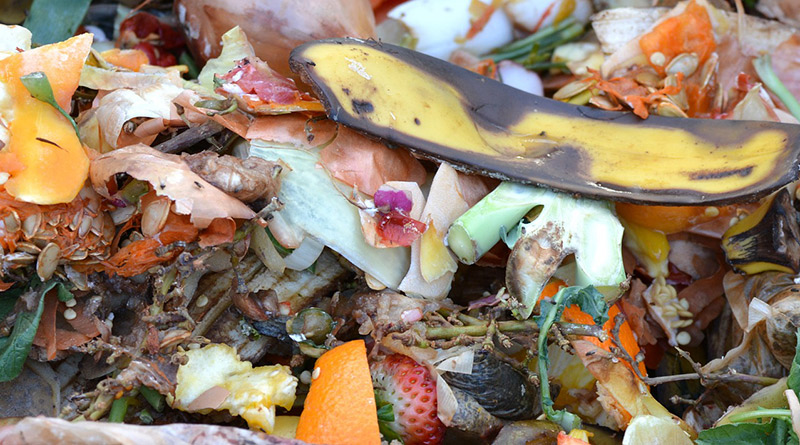Just One Fifth of Hospitality Businesses Currently Know Where their Food Waste is Coming From

A joint survey of leading hospitality operators, representing more than 2,300 sites, reveals that only one fifth of sector businesses are currently tracking whether their food waste comes from preparation, spoilage or plate waste.
The survey, conducted by Fourth, the leading global software provider for the hospitality, retail and leisure industries, and the Sustainable Restaurant Association (SRA), looks to assess how the industry is coping with the food waste challenge – which costs the sector £3.2bn per year, with 1 million tonnes of food wasted.
This is an alarming stat given that the recently passed Environment Act, set to come into force in 2023, stipulates that all food waste must be segregated from general waste and collected separately.
Furthermore, with conditions that cover the mandatory reporting of food waste expected to go out for parliamentary consultation later this year, the survey reveals that only 55% of businesses are currently reporting their food waste.
The survey of leading operators also reveals that:
- 90% of operators have food waste monitoring practises in place
- 45% are conducting regular food waste audits on site
- Only 10% are using technology to monitor their food waste output
- 60% of businesses provide staff with some form of training on food waste reduction
- 80% can’t say precisely what proportion of their waste is from preparation, spoilage or plate waste – while 20% are currently separating their waste into these more detailed streams
The issue of food waste presents a huge challenge commercially and environmentally for the hospitality sector, but it is also an opportunity. Of the £20,000 that food waste costs each hospitality venue on average every year, up to 75% of that is avoidable.
While many businesses have made progress in this area, The Waste and Resources Action Programme (WRAP) reports that food waste rose by 19.3% between 2011-2018, from 920,000 to 1.1m tonnes. In the last couple of years, the sector has faced further challenges around reducing wastage with the pandemic leading to uncertainty around quantities required, staffing and trading restrictions.
Sebastien Sepierre, Managing Director – EMEA, Fourth, said:
“There are only benefits to reducing waste, both commercially and environmentally, yet our research with the SRA suggests that hospitality businesses have yet to fully embrace the role of technology in this challenge. Evidence shows that businesses that employ smart measuring systems typically reduce their waste by 15%, emphasising the vital role that technology can play in promoting better waste management, safeguarding both profits and the planet.
“Cloud-based technology enables owners and managers to monitor all stock within the business and order in a timely fashion to help keep waste down. Inputting wastage also allows them to keep a close eye – and therefore work to reduce – what is going to waste before and after service.
“After two extremely challenging years, and with further financial obstacles in the form of inflation, energy bill and VAT rises around the corner, getting to grips with waste is now more important than ever.”
Juliane Caillouette-Noble, Managing Director, the SRA, said:
“The results of our survey show that hospitality is taking important steps to reduce food waste but that more needs to be done for the benefit of both businesses and the environment.
“The challenge has grown over the past two years with the pandemic resulting in fluctuating demand and unexpected closures leading to vast volumes of wasted food. High staff turnover in the same period means much of the training on the issue will have been lost.
“Food waste is a major climate, commercial and community issue. The scale of the problem is immense but the prize on offer through serious reduction, is equally huge.
“If the sector achieves the 25% reduction target by 2025, as set out in WRAP’s Food Waste Reduction Roadmap, it will also slash carbon emissions by 900,000 tonnes.
“The guide we have produced with Fourth provides key insights and practical advice on this challenging but essential journey.”
To help businesses focus on food waste, Fourth and the SRA have produced a FREE downloadable whitepaper for the hospitality sector.
It outlines the challenges the industry faces, the progress it has made, and provides practical tips and insights from leading operators on how to train staff, monitor and record waste, implement time-saving technological solutions and reduce overall food waste to benefit both businesses and the environment.
The two businesses are also hosting a FREE webinar on Wednesday 9th March (10am GMT), with insight from a panel of industry experts on how to tackle the food waste challenge. You can register your place here.
For further information and to download the full whitepaper, please visit www.fourth.com
